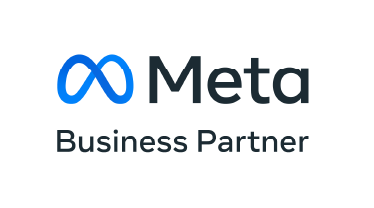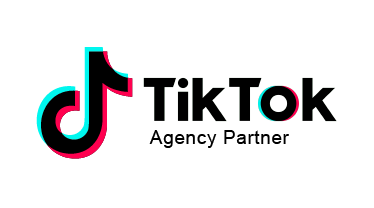Growth Hacking: The What, Why & How

Growth Hacking has caught on over the years as more and more start-ups dominate the global market in the face of an expedited digital and technological shift.
Let’s think of a scenario: you have an innovative idea for a new app. Now how do you – as a start-up with few resources to spare – get to acquire millions of new downloads as fast as possible? The simple answer lies in something called “growth hacking“.
The phrase has caught on over the years as more and more start-ups dominate the global market in the face of an expedited digital and technological shift. The point of growth hacking is to get visitors, turn them into users, and retain those users as happy customers.
It typically involves creative marketing strategies – you want to find loopholes and unexplored tactics to push your product or service to a broad market, increasing downloads, user acquisition, customers, and sales.
But what exactly is it?
Table of Contents
What is Growth Hacking?
Growth hacking is a group of strategies focused solely on growth, usually used in early-stage startups that require exponential growth in a short time while being on small budgets. As mentioned previously, the goal of these strategies is to acquire as many users or customers as possible with as low of a cost as possible to the company.
Growth hackers are necessary for start-ups because scaling is a make-or-break metric for these companies i.e if they don’t grow, they will not survive.
What do growth-hackers do?
Compared to a typical marketer, a growth hacker is solely focused on the growth of the company. They hypothesise and test innovative growth strategies to see what’s working and what’s not. Ideally, growth hackers need to set growth objectives, identify customer acquisition channels, and measure success.
Start-ups don’t have much resources for marketing budgets, so they can’t rely on ads on expensive channels to spread their message – therefore, they need to be creative and test these strategies to circumvent all their resource gaps and limitations.
Anyone involved in a product or service – product managers or engineers or consultants – can be a growth hacker.
How You Can Growth Hack Too
Growth hacking and digital marketing are not interchangeable, but they do go hand in hand – digital marketing is one of the important aspects of growth hacking.
Digital marketing with the objective of growth hacking places more emphasis on making data-driven marketing decisions, using experimentation and testing to boost company growth, and using marketing tactics that increase revenue.
There’s no one-size-fits-all formula to digital marketing in this context, but you can follow our list of marketing tips that can help push you in the right direction.
Growth Hacking Digital Marketing Tips
- Regularly test the market with your product: you need a good product that is scalable for growth hacking to even work in the first place.
- Keep getting customer feedback so you always know you’re on the right track: after finding the right product that is scalable, you need to engage your customers for constant feedback to see how your product and messaging can improve.
- Go where your suppliers are with your digital marketing tactics: for example, AirBnB, which created a system for e-mail direct marketing that targeted users who had put up listings on Craigslist, asking them to use their free and easy app instead.
- Don’t ask users to fully leave what they are used to: make sure your messaging campaigns show how your product is better by addressing pain points, so that eventually customers choose you (refer to no.1 i.e. you need a good product).
- Use proven marketing strategies for your product to foster continued growth of your company: content marketing and product marketing are important tactics for growth hackers because this gets the word out about the brand or product. Affiliate marketing is also widely-used for growth hackers to spread the word about a new brand or launch.
- A/B testing: conduct randomised experiments where two or more versions of a variable (web page, page element, ad etc.) are shown to different segments of customers simultaneously to determine which version will guarantee the maximum impact. This is important to make sure your product, app, or service is perceived as marketable, digestible, and easy to use, so your users will keep on using it.
- Track the success of your results: this is necessary to keep track of how much scaling you’ve done and how much more you still need to do to guarantee the success of your start-up.
The conclusion?
Growth hacking requires creativity and a pulse on what your target market wants. There’s no fixed formula, but if you partner with a digital marketing agency with experience helping start-ups build and grow, you might just have what you need to climb greater heights you’ve never seen before! Contact us and see how your new company can scale today.









Join the discussion - 0 Comment